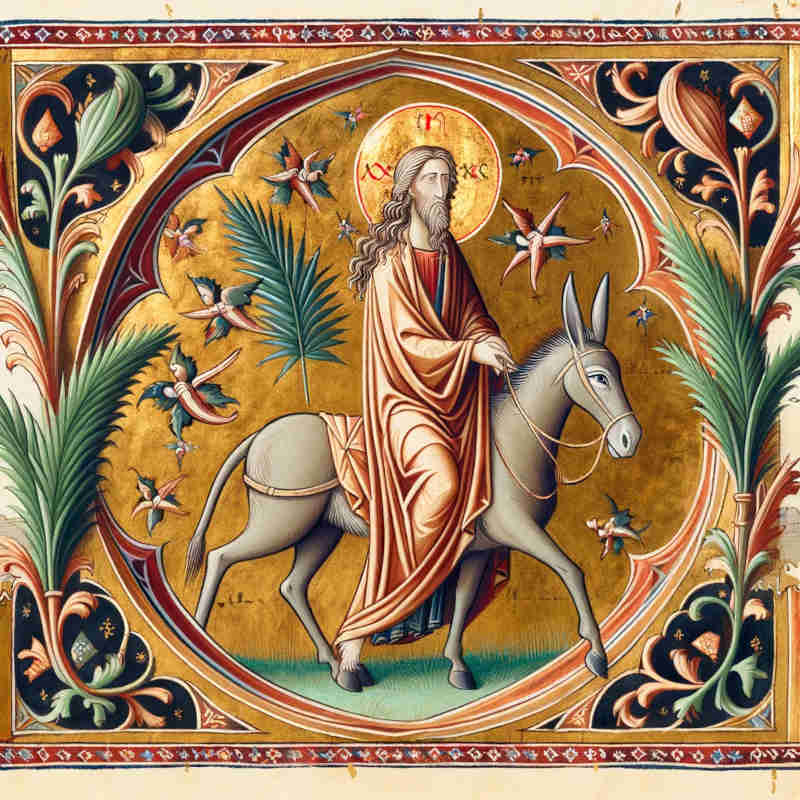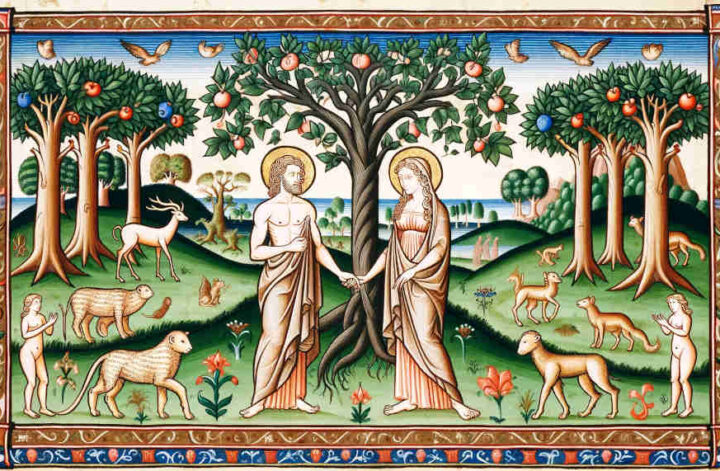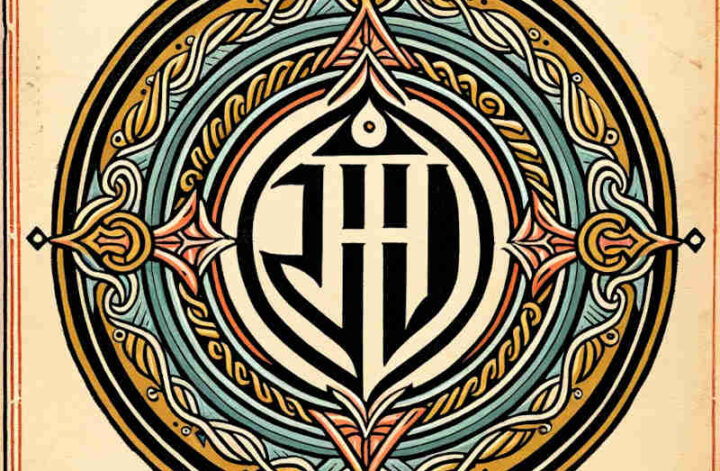Question on the Jewish Perspective of Jesus
Email from Emily Harris: “Dear Rabbi Joshua, I have been in many interfaith dialogues, and a question that often comes up is whether Jews believe in Jesus Christ, especially in the same way Christians do. Can you clarify the Jewish stance on Jesus?”
Response from Rabbi Joshua
Shalom Emily, and thank you for your thoughtful question. Interfaith dialogue is a vital tool for understanding and respect, and I am glad to contribute to this conversation.
Jewish Beliefs and Jesus
In Judaism, Jesus Christ is not regarded as the Messiah or as divine. The concept of the Messiah in Jewish theology is quite different from the Christian understanding. The Jewish Messiah is anticipated as a future Jewish king from the line of David, who will reign in an era of global peace and monotheism and will rebuild the Holy Temple in Jerusalem. As Jesus did not fulfill these prophecies in the way that Jews believe the Messiah will, he is not accepted as such within Judaism.
The Distinction in Belief Systems
Furthermore, the idea of divinity ascribed to Jesus, central to the Christian faith, is incompatible with Jewish monotheism, which holds that God is one and indivisible. Judaism does not ascribe divinity to any being other than God and does not accept the concept of the Trinity. Thus, Jesus, as a figure of faith, occupies a very different place in Judaism than He does in Christianity.
Respect for Christian Beliefs
While Jews do not share the Christian beliefs about Jesus, Judaism teaches respect for the beliefs of others. Jewish tradition emphasizes the pursuit of peace and understanding, and thus, while Jews do not believe in Jesus as the Messiah or God, they respect the right of Christians to their beliefs.
Historical and Cultural Context
It is also important to understand the historical and cultural contexts in which Jewish and Christian beliefs developed. Over the centuries, these differences in belief have been a source of significant tension, but in our modern context, they can also be a bridge for dialogue and mutual respect.
Concluding Thoughts
Emily, I hope this clarifies the Jewish perspective on Jesus. The beauty of our diverse world is that while we may hold different beliefs, we can still come together in conversation and mutual respect. May your interfaith dialogues continue to be sources of learning and bridges of understanding.
If you wish to explore this topic further or have additional questions, please feel free to reach out.
Wishing you wisdom and understanding,
Rabbi Joshua


